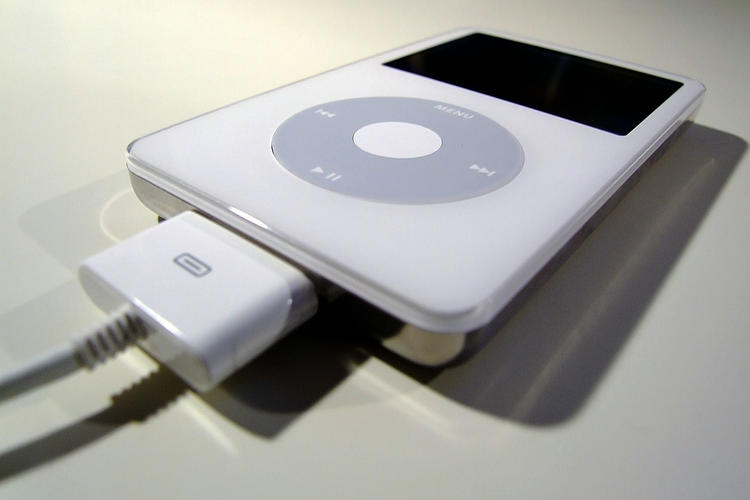Pardon me for a moment, as I gingerly pull my earbuds out of my ear canals and turn off my iPod before I can continue writing. The iPod was released nine years ago this October and is one of the biggest success stories regarding electronics this decade, selling millions and providing parents a good device to take away from their kids for punishment.
That being said, iPods have become pervasive throughout society, much like cell phones now are. Both devices were once new to the market, and now most people ages 6 and up have one of the two or both.
Personally, the iPod has not been a life-changer, but it is a device I have on my person from the time I get out of my car to the time I leave the gym at the end of the day. For people who love their music like me, the iPod is great, and when it’s out of battery power or otherwise disabled, life can be terrible. But it is a device I could live without, and at times, I feel it certainly can be a distraction to myself and others.
In some cases, the iPod has made people anti-social 8212; that is, they always have their earbuds in and are otherwise blocking out the outside world and society in general. This is nothing new and the trend certainly didn’t begin with the iPod. The trend of portable music causing anti-social children and teenagers can be traced to 20 years ago, when portable cassette players became popular. Back then, people were jamming out to Michael Jackson, Metallica and other famous artists. Following that, portable compact disc players came out, and as history predicted, they displaced the cassettes, furthering the cycle of teens blocking out their parents and teachers.
The iPod has only continued this trend, and that is most certainly the major drawback to the portable device. Otherwise, iPods all over the world have allowed their owners to bring along their music library wherever they go, from the frost-bitten streets of Russia to a schoolyard in Georgia. The iPod will always reign.
Danny Peters is a senior writing major from Fort Worth.

